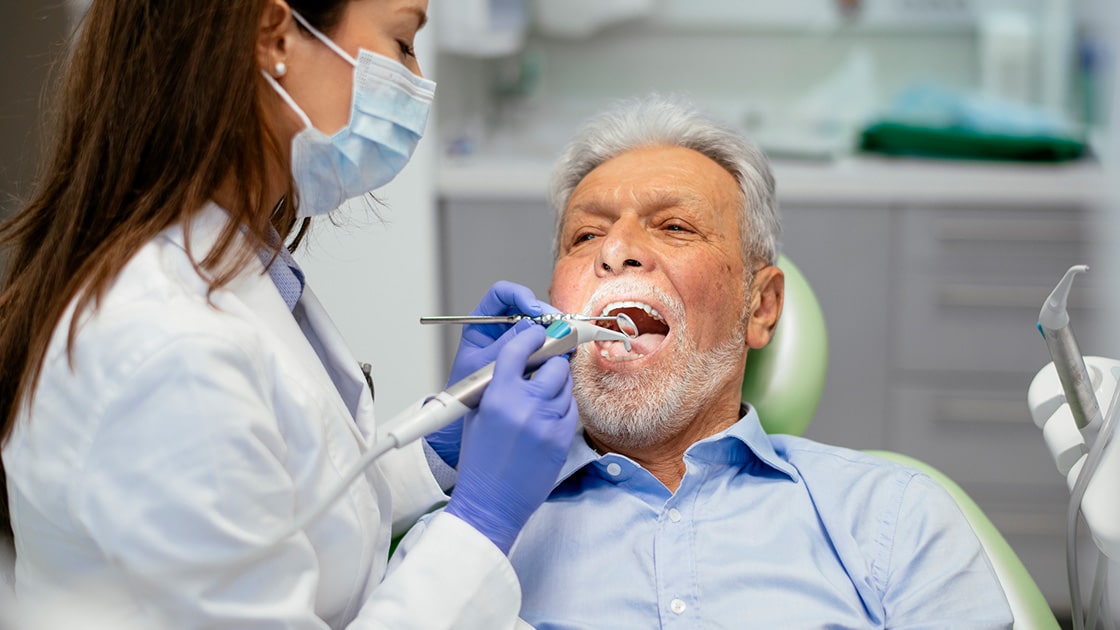
The Importance of Restorative Dentistry:
Biomimetic Dentistry:
Once necessary, having a restorative intervention completed is the most important factor in stabilizing oral health. The second most important factor is how we accomplish it.
Biomimetic Dentistry is defined as the reconstruction of teeth to emulate their natural biomechanical and esthetic form and function.
The goals of biomimetic dentistry are:
- To repair teeth in a way that is both attractive and functional
- To decrease the likelihood of post-operative complications
- To increase the restorative life-cycle of teeth (i.e. help you keep your teeth longer!) by decreasing the severity of restorative failures when they occur
This is accomplished by:
- Taking the time necessary to work precisely and carefully
- Using gold-standard dental restorative materials
- Implementing conservative, modern methods and advanced techniques”
Composite Restorations (Fillings)

Solutions for damaged teeth that are created freehand in your mouth, composite restorations are generally best suited for smaller areas of damage, or for teeth that have little structural compromise.
Inlays
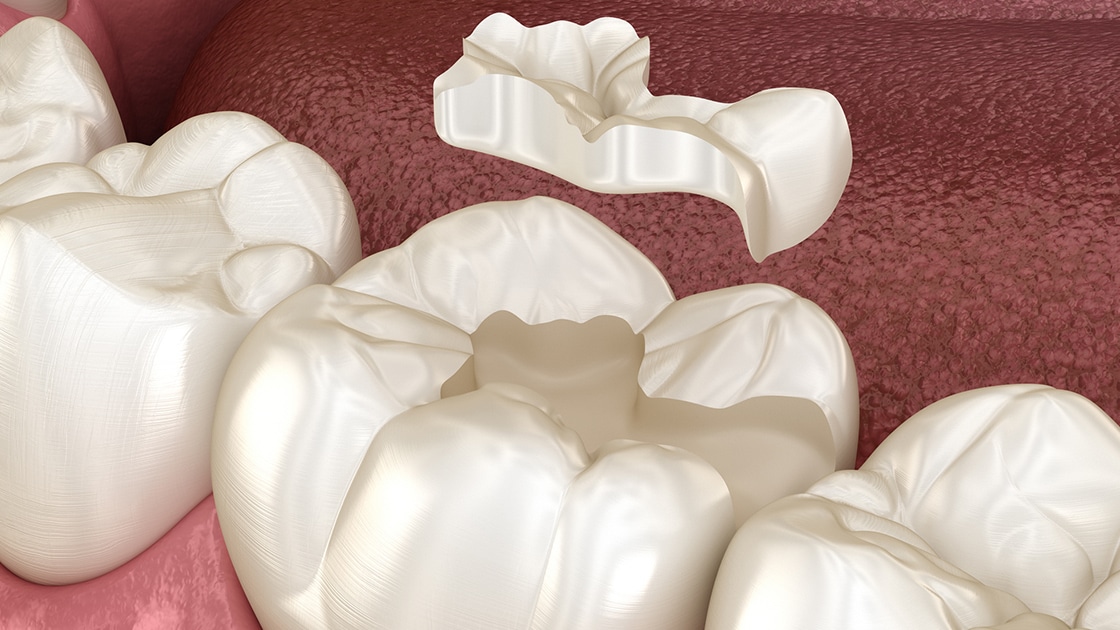
Dental Crowns & Onlays
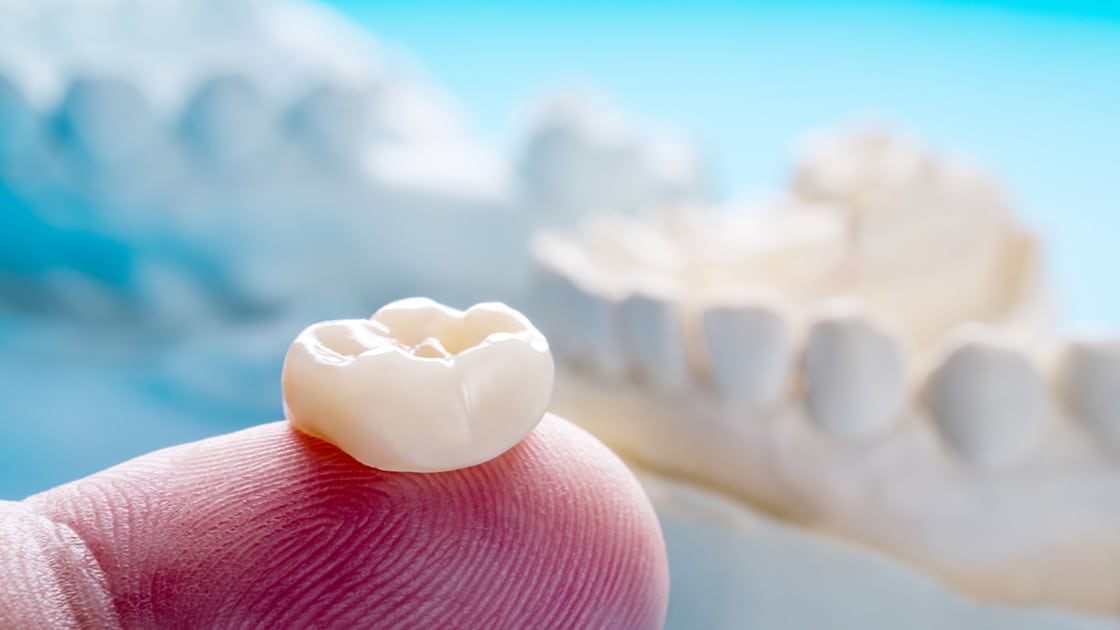
These are restorations designed to provide more protection for a structurally weakened tooth. They are generally indicated when a tooth has deep cracks, large decay, heavy wear, or missing/damaged/weakened cusps. These restorations are manufactured outside of the mouth with the help of CAD/CAM technology or a laboratory.
Dental Bridges
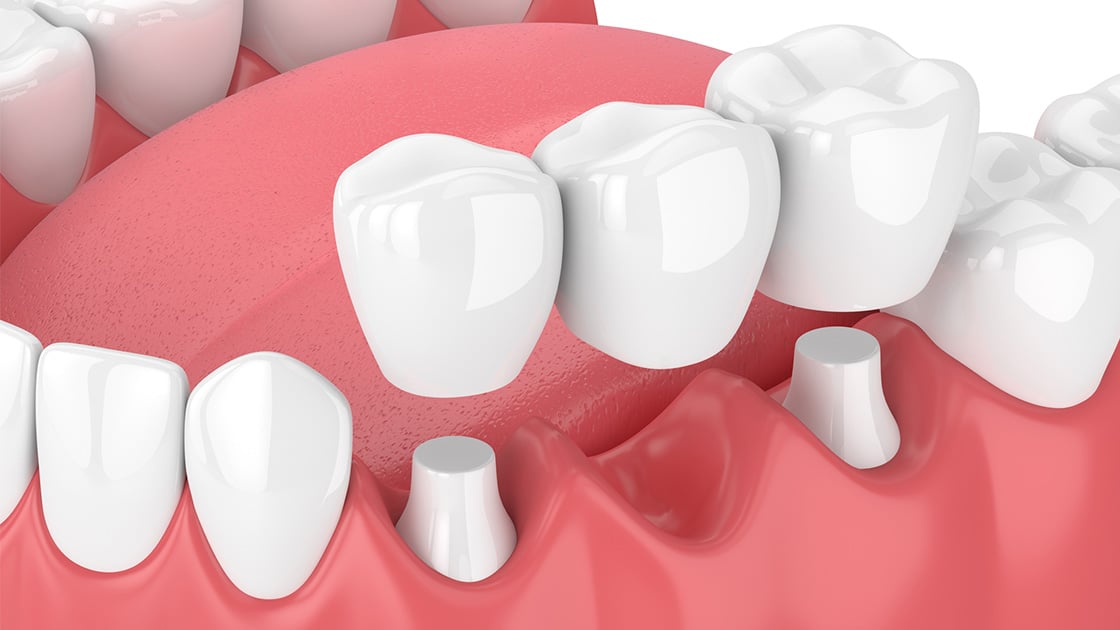
Dental Implant Restorations
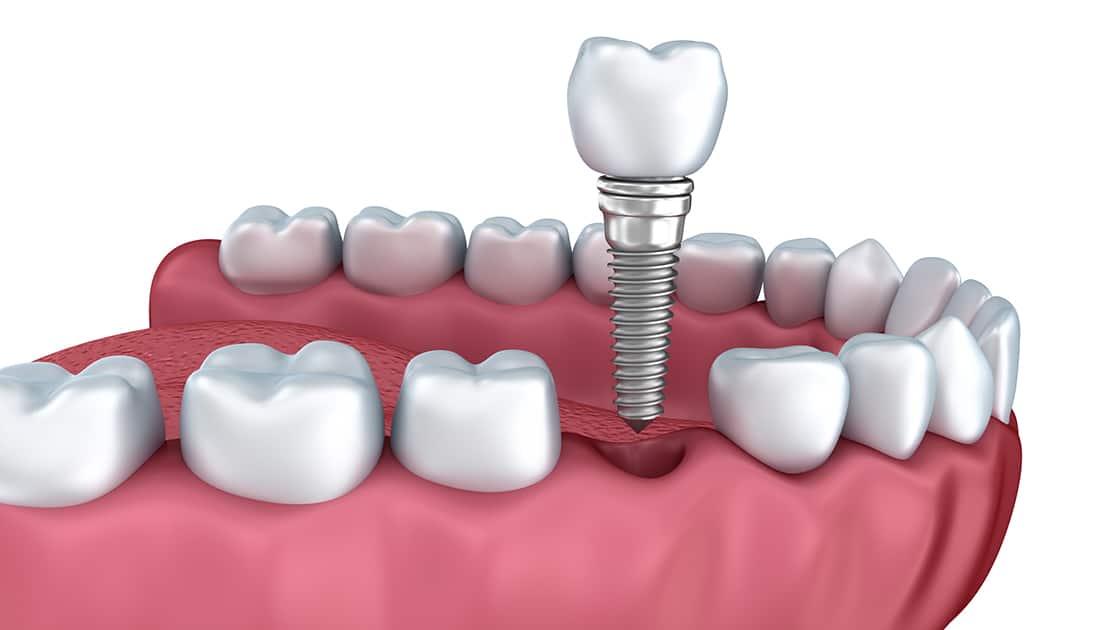
Dental implants replace missing teeth and protect existing teeth by helping to preserve bone structure. Dental implants are composed of three pieces: a small screw made of a biocompatible metal called titanium, an abutment that connects the screw, and the final restoration.
Root Canal Therapy

Root canal therapy helps patients keep a badly damaged tooth longer by removing infected or irreversibly inflamed nerve (pulp) tissue. Root canal treatment is typically recommended for patients whose teeth have suffered from deep decay or for teeth that have experienced a traumatic injury that has damaged the tooth nerves, resulting in either tooth pain or bacterial colonization of the nerve space. Depending on the anticipated complexity of the treatment, or our schedule, we may recommend that you see an Endodontist (a dentist who specializes in root canal treatments), and will provide you a referral to a great local provider.
